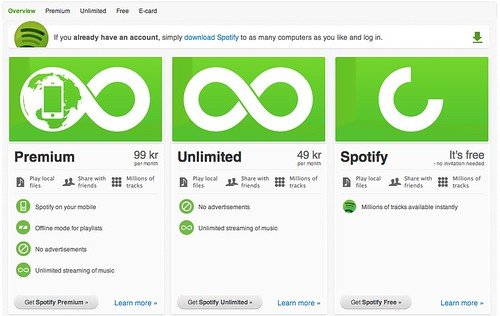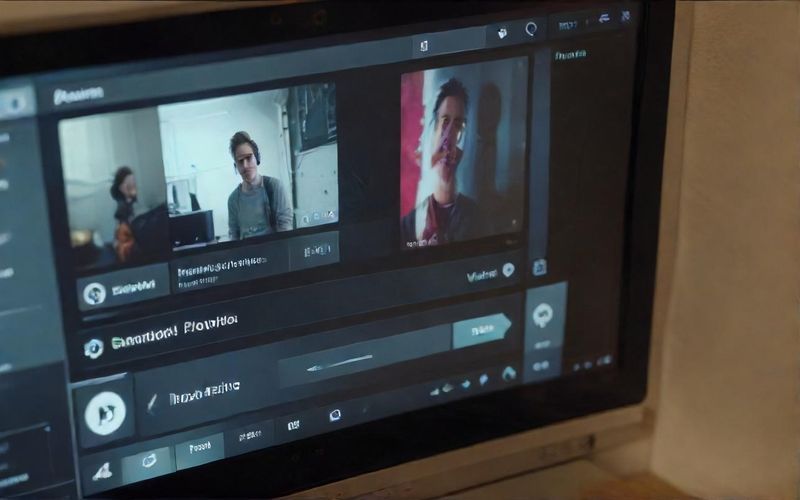Apple, Spotify Settle: Pricing Transparency Wins

Following a federal court order, Apple has approved a Spotify app update that enhances pricing transparency and consumer choice for U.S. users. This decision concludes a long-standing dispute over Apple's App Store policies and marks a significant victory for Spotify and app developers.
A U.S. federal judge ruled on April 30th that Apple was in "willful violation" of a 2021 injunction, ordering the company to cease restricting how app developers communicate pricing and subscription information to users. The ruling, stemming from a case brought by Epic Games, also prevents Apple from charging commissions on off-app purchases. Apple has stated it "strongly disagrees" with the ruling and plans to appeal, but will comply with the court order in the interim.
Spotify, which has been a vocal critic of Apple's App Store practices, immediately submitted an updated app reflecting the court's decision. The approved update allows Spotify to display clear pricing details for its various subscription tiers, including promotional offers. Users can now easily upgrade from free accounts to premium plans, switch between different premium options (individual, student, duo, or family), and utilize payment methods beyond Apple's system. Spotify highlighted that this opens “the door to other seamless buying opportunities that will directly benefit creators,” such as easier audiobook purchases.
Spotify celebrated the update as a "victory for consumers, artists, creators, and authors," stating that it will finally allow them to "freely show clear pricing information and links to purchase, fostering transparency and choice." The company emphasized the importance of this change, highlighting that it provides consumers with lower prices, more control, and easier access to the Spotify experience. They view this as a significant step towards a more level playing field for developers. Similar changes were implemented for European users a year ago. Spotify contends that the removal of "meaningful parts of Apple's anticompetitive barriers" is long overdue and should be standard business practice globally.









